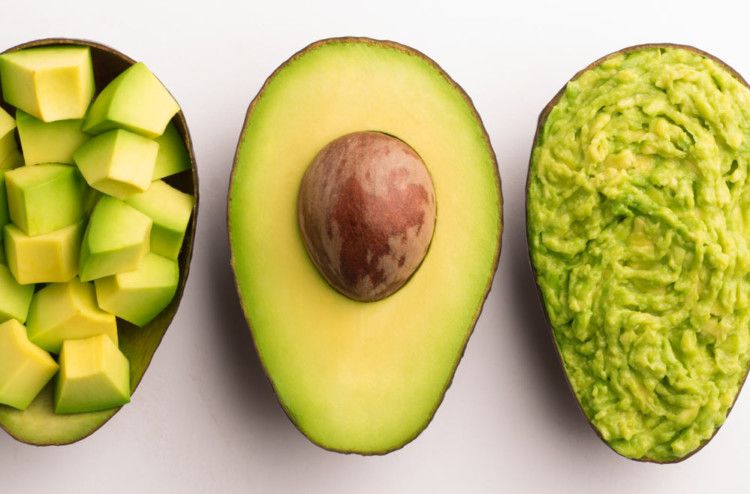Avocado exports from Mexico grew 18.5% from January to July 2021 year-on-year, to 828,348 tons, the Ministry of Agriculture reported.
In general, the expansion of avocado plantations and higher Mexican crop yields support the pace of exports, which have broken records in recent years.
Going forward, the sectoral outlook is promising. Mexico will continue to consolidate itself as the leading exporter of agri-food products to the US market in 2021, according to projections from the United States Department of Agriculture (USDA).
For the 2020-2021 annual cycle, ended in September of this year, Mexican agri-food exports would add up to $ 31.5 billion, a year-on-year increase of 7.1%, according to those projections.
Although marginally, Mexican avocado exports broke a record in 2020, with shipments of 2,937 million dollars, compared to 2,932 million registered in 2019.
Avocado exports
From FAO’s perspective, there is a need to make avocado and pineapple supply chains more sustainable and resilient
Are you concerned about business risk in the avocado or pineapple supply chains? FAO asks by way of introduction and then makes the following invitation, which concludes until the end of this note.
The production and world trade of tropical fruits have grown dramatically.
Tropical fruits are also part of a healthy diet for millions of people and contribute to the development of producing countries.
But the Covid-19 pandemic and concerns about sustainability have shown business risks that need to be addressed to ensure continued success in these value chains.
Companies are already taking steps to address sustainability risk in their operations.
However, value chains are vulnerable to risks and shocks that are beyond the control of a single actor.
Draft
Therefore, concerted actions can benefit all industry stakeholders.
FAO is leading the project Building Responsible Global Value Chains for Sustainable Production and Trade of Tropical Fruits, also known as the “Responsible Fruits Project”.
The project:
- Helps companies to strengthen or establish risk-based due diligence systems to make their operations more sustainable and resistant to external shocks such as Covid-19;
- Provides a confidential environment for peer learning on pre-competitive issues.
- Identify measures and good practices to overcome challenges.
By project participants, including measures and good practices to overcome these challenges.
It analyzes the policy environment and incentives, with the aim of identifying opportunities to accelerate sustainable investment in supply chains.
Invitation
The project builds on more than a decade of FAO experience working with the private sector on tropical fruits.
This includes facilitating the World Banana Forum, which allows industry players to discuss challenges, seek technical support, share good practices and innovation for sustainability in the banana sector.
It also builds on working with more than 30 leading companies and industry associations to apply the risk-based due diligence recommendations of the OECD and FAO Guidance for Responsible Agricultural Supply Chains.
Benefits of joining and Avocado exports
FAO invites companies, trade associations and producer organizations involved in the avocado and pineapple value chains to join the project.
The objectives:
- Guide where the project concentrates its resources by identifying priorities and good practices to reduce risk and improve sustainability.
- Give their opinion on the identification of priority topics for technical guides.
- Learn how others try to address challenges in precompetitive issues.
- Have exclusive access to personalized webinars organized by FAO and other experts.
- Have access to the technical guides created by the project.
![]()

